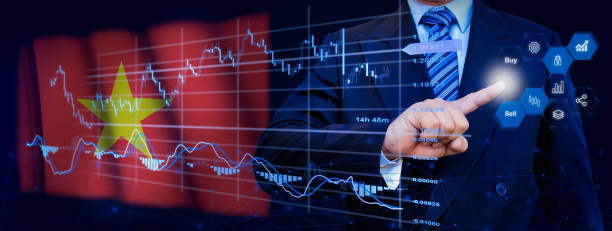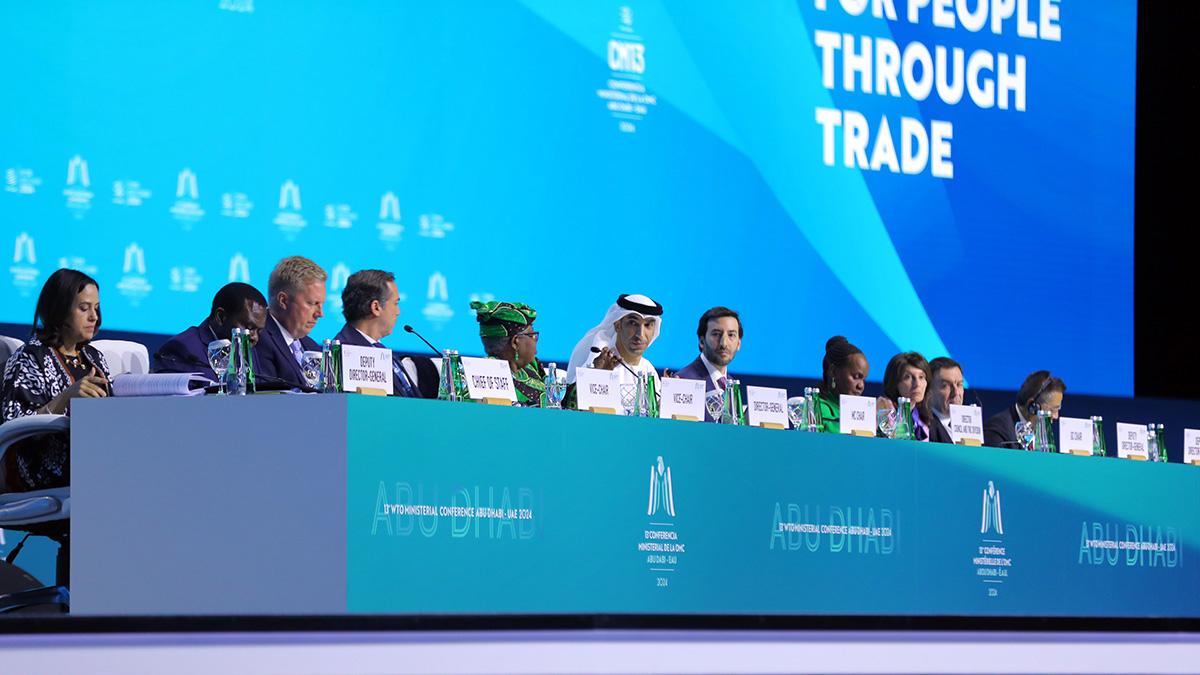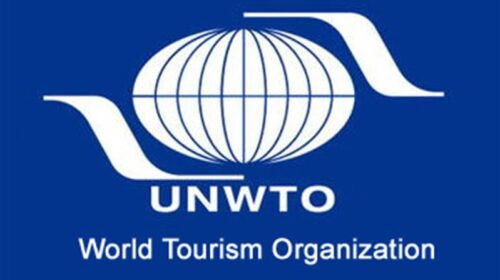Non-market Economy Status

- 10 May 2024
Why is it in the News?
Vietnam has been pushing the President Joe Biden administration to quickly change its “non-market economy” classification to “market economy”, in a bid to avoid high taxes imposed by the US on the goods imported from the Southeastern country.
Why does Vietnam Want to Get the ‘Market Economy’ Status?
- Vietnam has argued that in recent years it has implemented enough economic reforms that get its name off the non-market economies list.
- The country does meet a number of criteria for the status to be changed.
- For instance, Vietnam allows foreign investment, wages are determined by free negotiations between workers and management, and most of the means of production are not owned by the state.
- The change in status will also help Vietnam get rid of the anti-dumping duties, making its products more competitive in the US market.
- Vietnam’s Center for WTO and International Trade has said that the method of calculating anti-dumping duties is flawed as it causes “the dumping margin to be pushed up very high” and does not actually reflect the situation of Vietnamese companies.
About Non-market Economy Status:
- Non-market economy status refers to a designation applied to countries by international trade authorities, particularly the World Trade Organization (WTO), based on their economic structure and policies.
- In a non-market economy, the allocation of resources, production decisions, and pricing mechanisms are predominantly influenced by the government rather than by market forces.
- This can include state ownership of key industries, government intervention in setting prices, and restrictions on foreign investment and trade.
- For trade purposes, countries classified as non-market economies may face different treatment in anti-dumping investigations and trade disputes.
- This designation can affect how trade regulations and tariffs are applied to goods originating from these countries.
- The US designates a country as a non-market economy based on several factors which are:
- If the country’s currency is convertible
- If wage rates are determined by free bargaining between labour and management
- If joint ventures or other foreign investments are allowed whether the means of production are owned by the state; and
- If the state controls the allocation of resources and price and output decisions.
- Other factors like human rights are also considered.
- The non-market economy label allows the US to impose “anti-dumping” duties on goods imported from designated countries.
Market Economies:
- Market economies operate based on the interactions between consumers and businesses, guided primarily by the law of supply and demand, rather than by central government policies.
- Theoretical Foundation: Developed by classical economists like Adam Smith, David Ricardo, and Jean-Baptiste Say, market economies emphasize the role of free markets in allocating resources efficiently.
- Modern Market Economies: Often referred to as mixed economies, modern market economies may still involve some government interventions, such as price-fixing, licensing, quotas, and industrial subsidies, but the majority of decisions are market-driven.
- Examples include countries like India, the USA, and the UK, where market forces play a significant role in shaping economic activities.
What is Anti-dumping Duty?
- An anti-dumping duty is a protectionist tariff that a domestic government imposes on foreign imports that it believes are priced below fair market value.
- In order to protect their respective economy, many countries impose duties on products they believe are being dumped in their national market; this is done with the rationale that these products have the potential to undercut local businesses and the local economy.
- While the intention of anti-dumping duties is to save domestic jobs, these tariffs can also lead to higher prices for domestic consumers.
- In the long term, anti-dumping duties can reduce the international competition of domestic companies producing similar goods.
- The World Trade Organization (WTO)–an international organization that deals with the rules of trade between nations–also operates a set of international trade rules, including the international regulation of anti-dumping measures.?
G-33 calls for progress on agricultural trade ahead of WTO Ministerial Conference

- 26 Feb 2024
Why is it in the News?
The G-33 group of countries recently expressed serious concern over the lack of progress in agriculture trade negotiations and urged the members of the World Trade Organisation (WTO) to work on a permanent solution to the issue of public stockholding of grains for food security purposes.
Key Highlights of the G33 Trade Ministers Meeting in Abu Dhabi:
- Special Safeguard Mechanism: The G33 group emphasized the importance of the Special Safeguard Mechanism (SSM) as a crucial instrument against significant import surges or sudden price declines.
- They called for WTO members to reach an agreement and adopt a decision on SSM by the 14th WTO Ministerial Conference (MC).
- Permanent Solution for Public Stockholding: The G33 nations sought a permanent solution during the 13th Ministerial Conference, which commenced in Abu Dhabi recently.
- The MC serves as the highest decision-making body of the WTO.
- Critical Importance of Public Stockholding: The G33 statement highlighted the critical significance of public stockholding for food security in developing countries.
- It enables governments to procure crops from farmers at the minimum support price (MSP) and store and distribute food grains to the poor.
- This program supports low-income or resource-poor producers and contributes to rural development.
- The 13th WTO Ministerial Conference provides a crucial platform for WTO members to engage in constructive discussions and work towards finding mutually beneficial solutions.
What is G 33?
- The G33 is a forum of developing countries including India, Brazil, South Africa etc. formed during the Cancun ministerial conference of the WTO (2003), to protect the interest of the developing countries in agricultural trade negotiations.
- It was created to help group countries which were all facing similar problems.
- The G33 has proposed special rules for developing countries at WTO negotiations, like allowing them to continue to restrict access to their agricultural markets.
- Dominated by India, the group has "defensive" concerns regarding agriculture in relation to World Trade Organization negotiations, and seeks to limit the degree of market opening required of developing countries.
- The group has advocated the creation of a "special products" exemption, which would allow developing countries to exempt certain products from tariff exemptions, and also a "special safeguard mechanism" which would permit tariff increases in response to import surges.
UNITED NATIONS WORLD TOURISM ORGANISATION (UNWTO) (PIB)

- 21 Oct 2023
What is the News ?
The Dhordo village in Gujarat's Kutch district was recently recognized as the Best Tourism Village by the United Nations World Tourism Organization (UNWTO), which was praised by India's Prime Minister.
Facts About:
- The United Nations World Tourism Organization (UNWTO) is a specialized agency of the United Nations responsible for promoting sustainable and responsible tourism on a global scale.
- Its functions include acting as a global forum for tourism policy issues and encouraging the adoption of the Global Code of Ethics for Tourism.
It was founded in 1975.
- Members: 159 countries are members of the UNWTO.
- Arabic, Chinese, English, French, Russian, and Spanish are the UNWTO's official languages.
- Structure of the organization:
The World Tourism Organization's General Assembly is the organization's main meeting.
It is made up of full members and associate members. It convenes every two years.
- The Executive Council serves as the UNWTO's governing body.
It is made up of 35 members, one for every five full members, who are elected by the General Assembly. It holds at least two meetings per year.
- Headquarters are in Madrid, (Spain).
